The case for and against raised beds?
elisa_z5
10 years ago
Related Stories
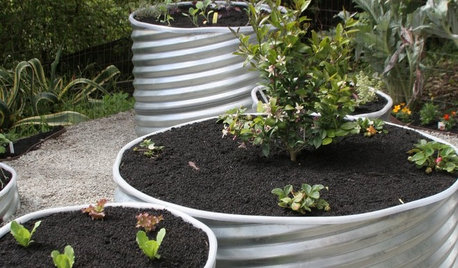
GARDENING GUIDES8 Materials for Raised Garden Beds
Get the dirt on classic and new options for raised vegetable and plant beds, to get the most from your year-round garden
Full Story
FARM YOUR YARDHow to Build a Raised Bed for Your Veggies and Plants
Whether you’re farming your parking strip or beautifying your backyard, a planting box you make yourself can come in mighty handy
Full Story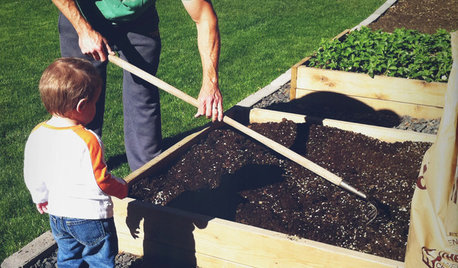
GARDENING AND LANDSCAPINGBuild a Raised Bed to Elevate Your Garden
A bounty of homegrown vegetables is easier than you think with a DIY raised garden bed to house just the right mix of soils
Full Story
EARTH DAYThe Case for Losing the Traditional Lawn
Work less, help the environment and foster connections by just saying no to typical turf
Full Story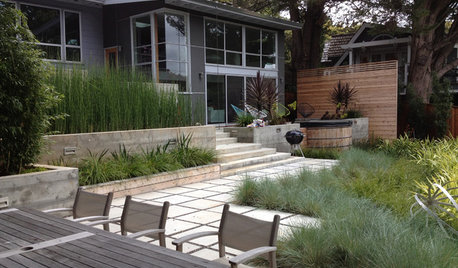
LANDSCAPE DESIGNThe Case for Functional Garden Design
Clear away the decoration to give every area of your garden a clear function
Full Story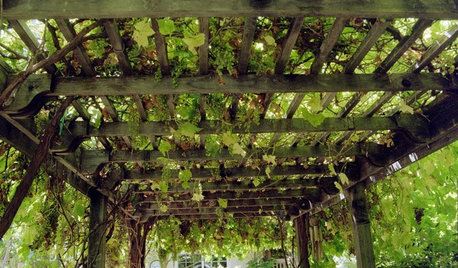
GARDENING AND LANDSCAPINGVertical Gardens Raise the Limits for Landscapes
Turn a small garden space into a towering success with an upward-bound collection of edible delights
Full Story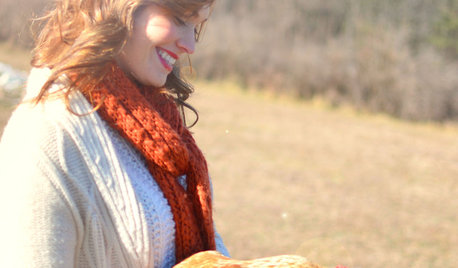
GARDENING AND LANDSCAPINGRaise Backyard Chickens Without Ruffling Neighbors' Feathers
Before you build a coop in the backyard, follow these strategies to help keep your neighbors from squawking
Full Story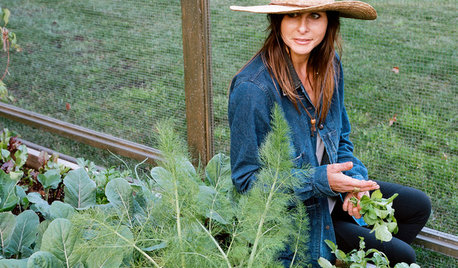
FARM YOUR YARDAdvice on Canyon Farming From L.A.'s Vegetable Whisperer
See how a screened garden house and raised beds help an edible garden in a Los Angeles canyon thrive
Full Story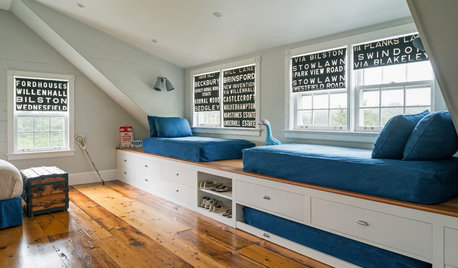
WINDOW TREATMENTSRoller Shades Raise the Curtain on Style
The humble window treatment is stealing the scene with fresh patterns, color and pizzazz
Full Story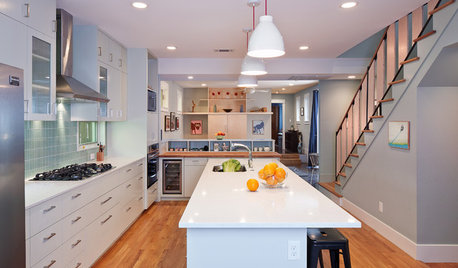
HOUZZ TOURSHouzz Tour: A Radical Reconstruction Raises an Austin Home
With a new second floor and some room swapping downstairs, this 1935 Texas bungalow now fits an architect and his family beautifully
Full StoryMore Discussions






Slimy_Okra
jean001a
Related Professionals
Glassmanor Landscape Architects & Landscape Designers · Havre de Grace Landscape Architects & Landscape Designers · New Mexico Landscape Architects & Landscape Designers · Prairie Ridge Landscape Architects & Landscape Designers · Bloomington Landscape Contractors · Braintree Landscape Contractors · Canton Landscape Contractors · Commack Landscape Contractors · Monterey Landscape Contractors · Parker Landscape Contractors · South Portland Landscape Contractors · Wethersfield Landscape Contractors · Canton Driveway Installation & Maintenance · Daphne Driveway Installation & Maintenance · Westland Driveway Installation & Maintenancemckenziek
gin_gin
seysonn
pnbrown
northerner_on
bardamu_gw
prairiemoon2 z6b MA
NHBabs z4b-5a NH
theforgottenone1013 (SE MI zone 5b/6a)
prairiemoon2 z6b MA
elisa_z5Original Author
nancyjane_gardener
CaraRose
jonfrum
ms_xeno
prairiemoon2 z6b MA
lucillle
booberry85
shermthewerm
shermthewerm
shermthewerm
flowerchild59
lucillle
lgteacher
gardenper
sjkly
bdot_z9_ca
williammorgan
LaDonna Hilton
howelbama
pnbrown
loribee2
tommyr_gw Zone 6
tcstoehr
slowjane CA/ Sunset 21
terrene
elisa_z5Original Author
gardener_mary
pnbrown
User